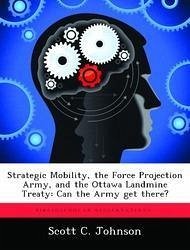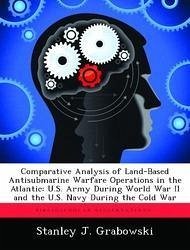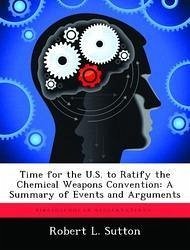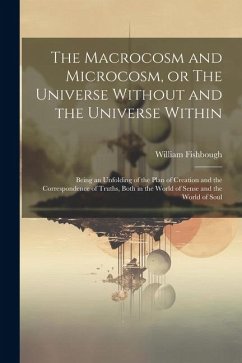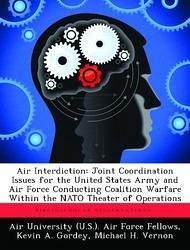Nicht lieferbar
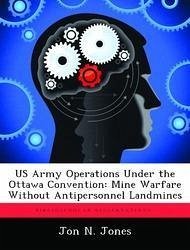
US Army Operations Under the Ottawa Convention
Mine Warfare Without Antipersonnel Landmines
Versandkostenfrei!
Nicht lieferbar
This study explores the impacts on US Army operations should the United States decide to abide by the "Convention on the Prohibition of the Use, Stockpiling, Production and Transfer of Antipersonnel Mines and on their Destruction." This treaty is commonly known as the Ottawa Convention. These impacts are evaluated to determine if they constitute vulnerabilities to the Army. The study explores the history of mine warfare and current US doctrine to determine the specific uses of antipersonnel landmines. The study then compares other systems on the battlefield to determine if these other systems ...
This study explores the impacts on US Army operations should the United States decide to abide by the "Convention on the Prohibition of the Use, Stockpiling, Production and Transfer of Antipersonnel Mines and on their Destruction." This treaty is commonly known as the Ottawa Convention. These impacts are evaluated to determine if they constitute vulnerabilities to the Army. The study explores the history of mine warfare and current US doctrine to determine the specific uses of antipersonnel landmines. The study then compares other systems on the battlefield to determine if these other systems can perform the functions of antipersonnel landmines. Based on the inability of other systems to completely replace antipersonnel landmines, this thesis uses the results of other studies to determine if these shortfalls pose vulnerabilities to the US Army in combat operations. This study does not focus on the merits and shortcomings of the Ottawa Convention. It does determine that abiding by the treaty would put the US Army at a risk. The study concludes with recommendations for reducing these risks should the United States decide to abide by the Ottawa Convention.






